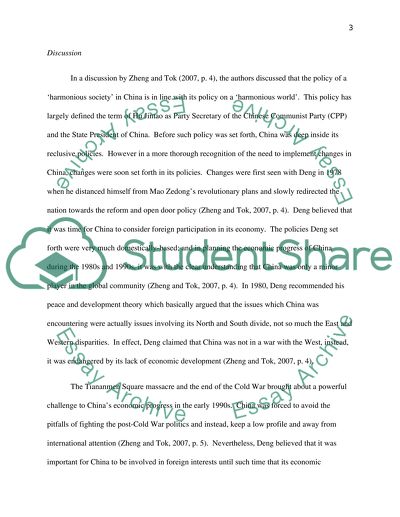Cite this document
(“Asian study Essay Example | Topics and Well Written Essays - 2750 words”, n.d.)
Retrieved from https://studentshare.org/literature/1423520-asian-study
Retrieved from https://studentshare.org/literature/1423520-asian-study
(Asian Study Essay Example | Topics and Well Written Essays - 2750 Words)
https://studentshare.org/literature/1423520-asian-study.
https://studentshare.org/literature/1423520-asian-study.
“Asian Study Essay Example | Topics and Well Written Essays - 2750 Words”, n.d. https://studentshare.org/literature/1423520-asian-study.


